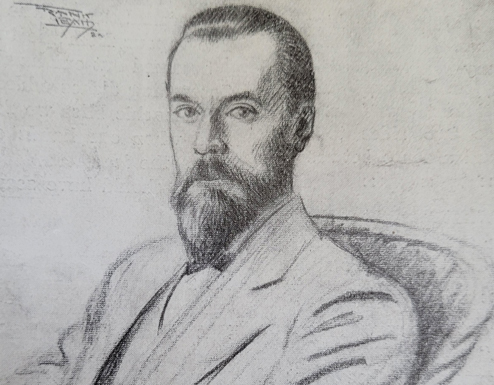Draft of new Irish constitution published by Free State government
Dublin, 22 June 1922 – The Provisional Government of Ireland has published a draft constitution.
Under the Anglo-Irish Treaty signed in December 1921 in London and ratified by the Dáil in January, the provisional government was afforded the right to construct its own constitution, albeit one constrained by the terms agreed in the treaty.
One of the key elements of the document, which was published on 16 June, is that all executive, judicial and governmental powers are derived from the people. This does not appear in any other dominion constitution but is in that of almost every sovereign state. Similarly, the draft provides for citizenship in the Irish Free State, which is not a feature of other dominion constitutions.
It is declared that Irish is the national language and that all public acts, proclamations and pronouncements must be published in the Irish language. They may also be published in English.
The legislature will consist of two houses, the Dáil and the Senate. The Dáil will be the dominant house and TDs will be elected on the principle of proportional representation.
To help explain the constitution Darrell Figgis, acting chairman of the constitution committee which prepared the draft, has written a series of articles which have been published by the Irish Independent.
Mr Figgis has explained that the constitution contains only the fundamental law of a state, and nothing else; nothing, he says, should be written into a constitution that is temporary, experimental or questionable in nature.
Mr Figgis added that the next Dáil will ‘not only devise the constitution, with the present constitution before it as a bill for discussion, but, having devised it, will prescribe it; and thus, through their elected representatives, the people of Ireland will have conferred it on themselves as their fundamental law.’
That, Figgis states, is a ‘sovereign act; and that act will differ in no degree from a similar act by any other sovereign people.’
[Editor's note: This is an article from Century Ireland, a fortnightly online newspaper, written from the perspective of a journalist 100 years ago, based on news reports of the time.]





















